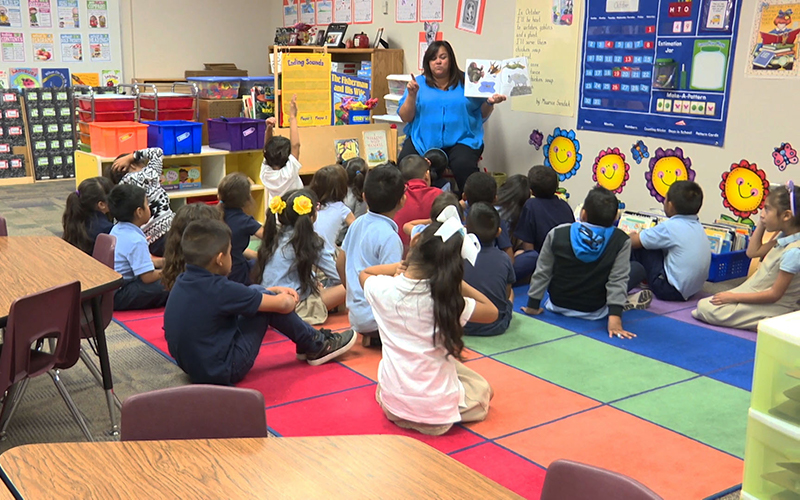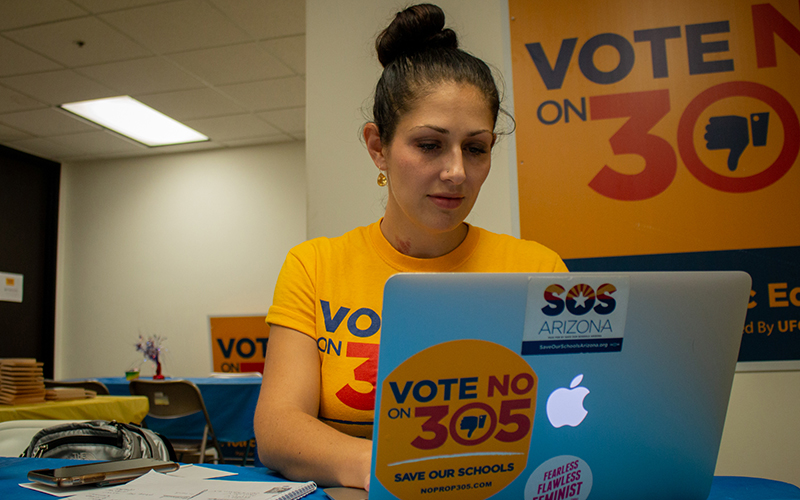PHOENIX – Proposition 305, which would have vastly expanded a program that allows parents and guardians to use tax dollars to pay for private school tuition, was rejected by voters, the Associated Press reported.
Opponents criticized the contentious proposition, officially the Expansion of Empowerment Scholarship Accounts Referendum, for its confusing language and unclear objective.
Supporters said it would expand school choice and ensure a good education for all 1.1 million Arizona children, while opponents said it would take money away from traditional public schools and shift the priority away from the children who benefit from the program now.
Prop. 305 arose from an ESA-expansion bill Gov. Doug Ducey signed in April 2017. A group of parents, educators and public-school advocates organized to put the issue before voters in the Nov. 6 election. The proposition would place a cap of 30,000 students on the voucher program, which was established in 2011 “as a means to provide students identified with a disability educational options other than the public school system.”
As the program stands now, children are eligible for a scholarship voucher if they fall into one of seven categories.
- Students with special needs
- Students attending schools in D- or F-rated districts, or D- or F-rated schools
- Students living on a Native American reservation
- Students in foster care or who are wards of the court
- Military families
- Siblings of students already in the program
- Children whose guardians are legally blind, deaf, or hard of hearing
Supporters include Ducey, a Republican, U.S. Secretary of Education Betsy DeVos and former GOP presidential candidate Jeb Bush. They argue that Prop. 305 will increase access to a high quality education for all Arizona children.
In an interview with Cronkite News, Victor Riches, president and CEO of the Goldwater Institute, a conservative-libertarian think tank in Phoenix, pledged his support of the measure by saying “The success of charter schools and open enrollment have demonstrated pretty clearly that there is real hunger for school choice in the state,” Riches said. “I don’t think there’s any mechanism that is better for individual students than having this ability to actually tailor an educational experience around their specific needs.”
Notable opponents are gubernatorial candidates David García, a Democrat, and Angel Torres of the Green Party. García said Arizona already sits at 50th in the country nationally in public education, and he predicted Prop. 305 would continue to deplete valuable resources from an already struggling public school system.
Connect with us on Facebook.

